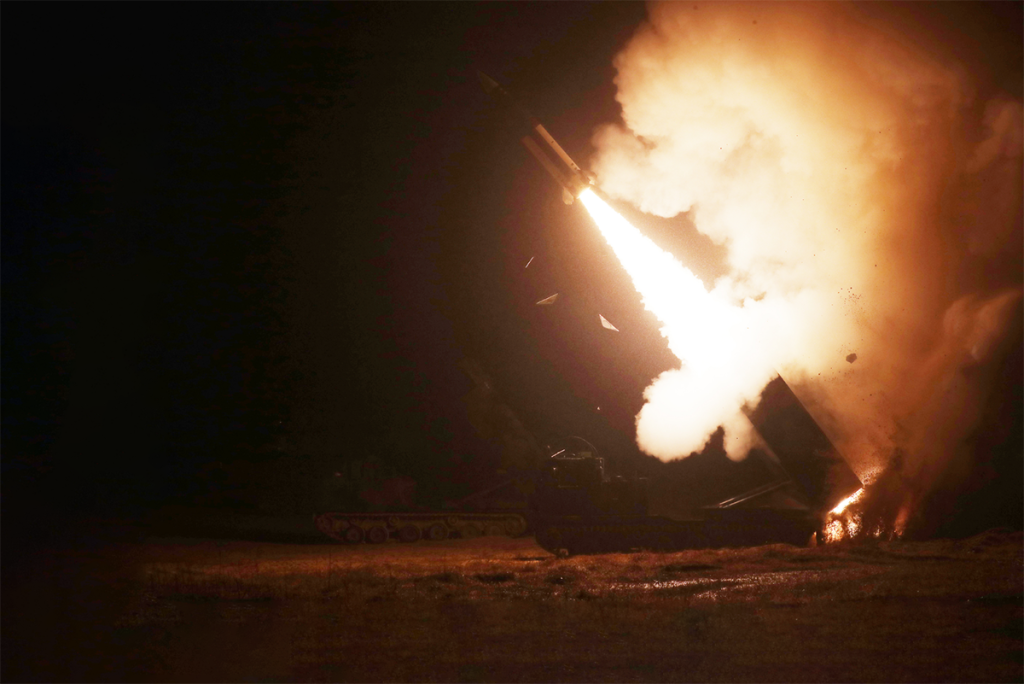Ukrainian President Volodymyr Zelensky has expressed concerns about the lack of U.S. military aid, stating that without it, Ukraine may be forced to retreat further. He emphasized the need for long-range missiles to target Russian airfields in occupied Crimea and highlighted the importance of weapons like ATACMS to deter Russian attacks on Ukrainian cities and infrastructure. Zelensky pointed out that Russia’s control in the conflict has made it challenging for Ukraine to contain the situation, especially with a shortage of ammunition. He stressed the urgency of receiving military support to prevent further retreats and maintain a defensive position against Russian aggression.
In March, Russian attacks severely damaged or destroyed 80% of DTEK’s energy capacity, a major private energy company in Ukraine. The assaults on energy facilities have intensified, with DTEK experiencing multiple strikes on its thermal power plants. Russian attacks have caused significant damage to critical infrastructure, resulting in injuries to workers and civilians. The destruction of power plants has further exacerbated Ukraine’s energy crisis, creating challenges in ensuring a stable power supply for the country. The continuous strikes on energy facilities underscore the severity of the conflict and the impact on Ukraine’s essential services.
The Russian military has initiated a conscription campaign, aiming to enlist 150,000 Russians and Ukrainians under occupation for military service. This recruitment drive is part of Russia’s ongoing efforts to bolster its military capabilities amid the conflict in Ukraine. Despite restrictions on sending conscripts abroad, concerns have been raised about potential deployments to Ukraine. The conscription campaign reflects Russia’s strategy to maintain a significant military presence while attempting to address losses and strengthen its forces in the region.
France has announced plans to send air defense missiles and armored vehicles to Ukraine as part of a new military aid package. The delivery of Aster 30 anti-aircraft missiles and hundreds of armored vehicles aims to address Ukraine’s urgent air defense needs. The French defense minister highlighted the importance of supporting Ukraine’s defense capabilities, especially in the face of escalating Russian strikes. The aid package includes older but operational armored vehicles that will enhance troop mobility and contribute to Ukraine’s frontline defense. The assistance from France signals international solidarity in supporting Ukraine’s defense against Russian aggression.
The Russian Navy has withdrawn most of its major ships from ports in occupied Crimea following successful Ukrainian strikes on the Black Sea Fleet. Ukrainian attacks have targeted key vessels, forcing Russia to redeploy its naval assets to safer waters. The damage inflicted on the Black Sea Fleet has led to significant losses for Russia, with a considerable portion of warships disabled. The withdrawal of naval assets indicates the impact of Ukrainian counterattacks on Russian maritime capabilities and underscores the effectiveness of Ukrainian military actions in the region.
The agreements signed by Ukraine with allied countries aim to forge a path to victory by securing Ukraine’s defense and negotiating potential NATO membership. These agreements, spanning a decade and encompassing various aspects of security cooperation, demonstrate Ukraine’s commitment to strengthening international partnerships. With ongoing challenges and threats posed by Russian aggression, the agreements provide a framework for enhancing Ukraine’s defense capabilities and strategic alliances. The support from allied nations, including military aid deliveries and security cooperation initiatives, reflects a concerted effort to support Ukraine in its fight against Russian incursions and territorial threats.


